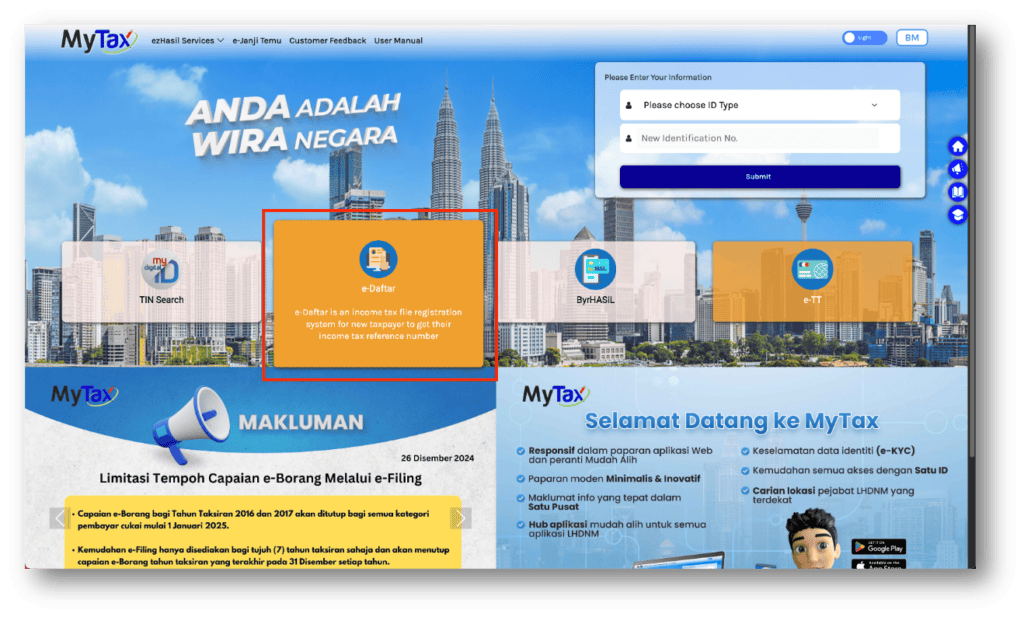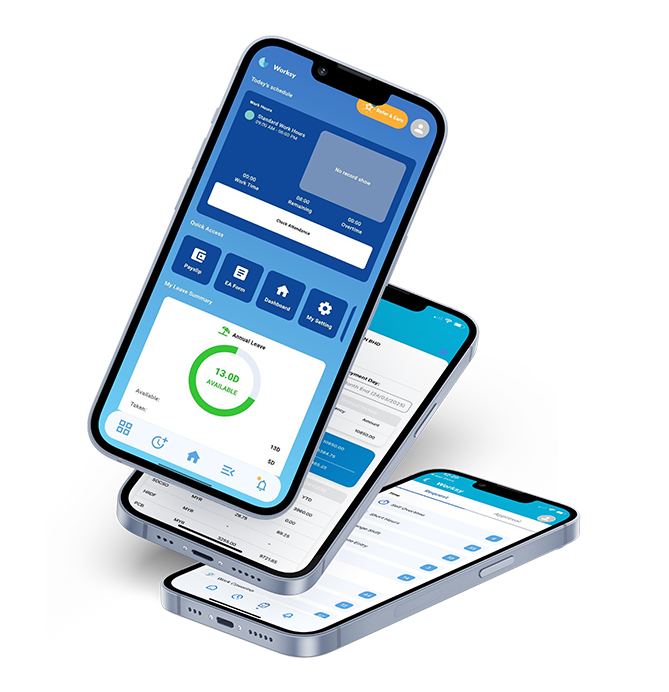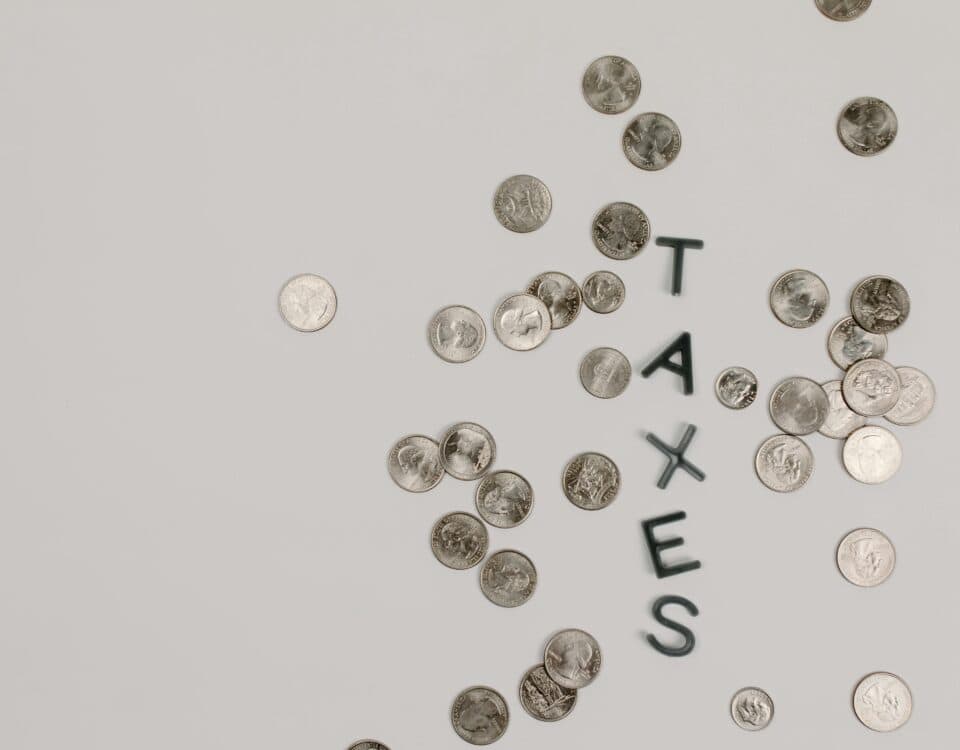scheduled free Worksy HRMS demo.

How Malaysian Companies Declare and File Company Tax Efficiently
March 27, 2025
How Does HRMS Simplify Claim Management for Employers and Employees?
April 4, 2025Freelancing is booming in Malaysia—from graphic designing to tutoring, more people are embracing flexibility. But no matter what field you’re in, if you earn income from freelance work, you’re still considered a freelance taxpayer under Malaysian tax law.
While filing taxes may sound daunting, the right information and tools can make it completely manageable. In this article, we’ll explore how freelance employees file their taxes, what documents are needed, and how digital solutions like Worksy can enhance tax management in Malaysia.
Are Freelance Employees Taxed Like Full-Time Employees?
The answer is: Not quite.
While both freelancer and salaried employees must pay income tax, there are key differences:
- Employees: Tax is automatically deducted monthly via PCB (Potongan Cukai Bulanan).
- Freelancers: Must declare and pay their own taxes as individuals with business income.
Freelance employees are considered self-employed or sole proprietors in the eyes of LHDN, and they file taxes differently.
5-Step Guide For Freelance Employees To File Taxes in Malaysia:

Source of screen capture: MyTax Portal (https://mytax.hasil.gov.my/)
- Register with LHDN: Head to MyTax to register via e-Daftar. You’ll then receive a tax file number tied to your NRIC.
- Declare Business Income: Freelancers file Form B, which is meant for individuals with business income (not Form BE, which is for salaried employees).
- Keep Track of Earnings and Expenses: Create a basic log or spreadsheet to record invoices and client payment and track claimable business-related expenses.
- Submit Your Tax Return: Submit Form B through MyTax.
- Pay Tax Owed: If you owe tax, be sure to complete payment via FPX or other methods provided by LHDN. If your freelance income is substantial, you may need to file advance estimates (Form CP500).

Join 3,000+ Malaysian companies using Worksy for HR automation.
Request free demo now*Terms and conditions apply.
What Are The Documents Freelance Employees Should Keep?
Keeping accurate records is essential for smooth tax management in Malaysia. Here’s an overview of the required documents:
| Category | Documents to Keep |
|---|---|
| Income | Invoices, receipts, bank/e-wallet payment slips |
| Expenses | Phone, internet, subscriptions, software |
| Transportation | Petrol or ride-hailing receipts |
| Tools & Equipment | Laptops, cameras, printers |
| Professional Fees | Consultant or accountant invoices |
| Voluntary Contributions | EPF, SOCSO, Zakat (claimable) |
*Note: Do keep these records for at least 7 years as required by LHDN in case of an audit.
Are Tax Reliefs Available for Freelance Employees?
Yes—freelancers are eligible for most of the same personal reliefs as full-time employees, including:
- Lifestyle (gadgets, books, internet)
- Medical and insurance
- EPF and PRS (if voluntarily contributed)
- Education fees and zakat
For the full list of tax relief, refer to LHDN’s list here.
As you grow, managing invoices, expenses, and contributions becomes more complex. That’s where Worksy can support your tax management in Malaysia.
Worksy offers:
- Payroll Module: Perfect if you start hiring part-time or project-based help
- Claims Tracking: Monitor deductible expenses with ease
- Document Hub: Centralized storage for tax files and receipts
Explore Worksy’s HRMS solutions here.
Final Thoughts
If you’re a freelance employee, you have the flexibility of being your own boss—but also the responsibility of managing your own taxes. With proper record-keeping tools, you can stay compliant and stress-free during tax season.
Ready to streamline your freelance operations? Let Worksy help simplify your tax and HR processes so you can focus on growing your business today! Schedule a FREE demo with us now.

Tired of HR chaos? Let Worksy simplify your workflow.
Request free demo now*Terms and conditions apply.





